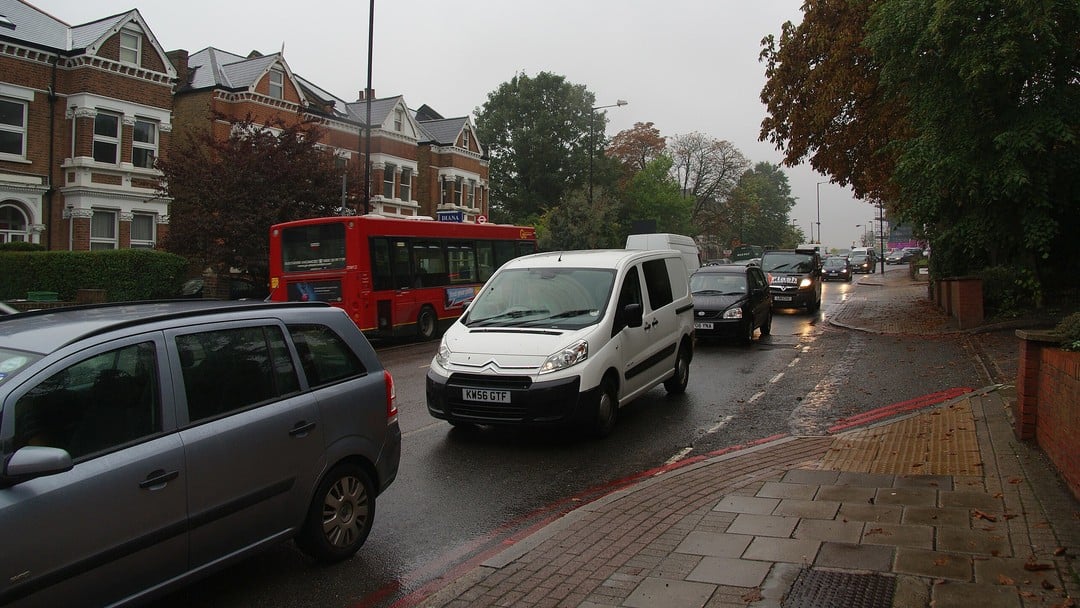High Court ruling on traffic schemes sparks discussion

The High Court ruling on low traffic neighbourhoods underscores the need for fair public consultations in urban planning
The High Court of Justice, King's Bench Division, issued a landmark judgment on 9 May 2025 involving West Dulwich Service Station Limited, which represented the West Dulwich Action Group, against the London Borough of Lambeth. This case, pivotal in the discourse surrounding urban traffic management policies, primarily examined the legality of two experimental traffic management orders aimed at creating a low traffic neighbourhood (LTN) in Dulwich. Low traffic neighbourhoods, designed to reduce vehicular traffic in residential zones, are intended to enhance pedestrian and cyclist safety while improving air quality by minimising emissions. Nonetheless, the introduction of LTNs has sparked significant controversy, particularly among local businesses that contend such restrictions hinder their operations.
In August 2024, Lambeth Council sanctioned two experimental traffic orders that restricted vehicular access and imposed parking limitations on a portion of Dulwich. These orders initiated a trial phase, intended to assess the impact of these measures before deciding on their permanence. However, the West Dulwich Action Group launched a legal challenge against these traffic orders, citing serious faults in the consultation process. This challenge revolved around three main allegations: the inadequacy and unfairness of the consultation process, decision-making that ignored key stakeholder input, and failure to adhere to statutory consultation obligations.
During the trial, presiding judge Mr Tim Smith emphasised the critical need for public authorities to conduct fair and transparent consultations when implementing significant changes that impact communities. Although he acknowledged that the Lambeth Council's consultation efforts could have been more inclusive, the court ruled against the claims based on several pivotal points. The judge remarked on the necessity of evaluating whether the alleged flaws had rendered the consultation process unlawful. Ultimately, he concluded that overall, the conduct did not display substantial deficiencies affecting the legality of the traffic orders.
Moreover, the Court found that the Council's engagement and responses to public concerns were satisfactory, noting that feedback from the community was duly considered in the decision-making process. Despite recognising that documentation of these interactions could be further improved, evidence suggested some engagement with residents and businesses concerning the changes being proposed.
In conclusion, while the Court accepted the claim regarding the inadequacy of the consultation process, deeming it unlawful, it dismissed the other two grounds related to the disregard of material considerations and compliance with statutory regulations. This ruling ignites ongoing discussions about low traffic neighbourhoods, reinforcing the paramount importance of adequate public engagement in shaping urban planning initiatives. The implications of this judgment extend beyond Dulwich, as councils throughout the UK must navigate the challenges of urban traffic management and public opinion, ensuring future proposals secure community backing and effectively address growing environmental concerns.
